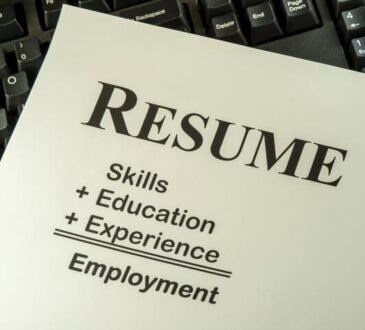
You may inquire and get to know how to have your degree recognized if you obtained it outside of the US and intend to continue your study or look for work there. This procedure, called “degree evaluation,” makes sure that your educational background is on par with what is required in the United States. This guide will help you to go through the necessary steps and procedure, and understand the importance of educational credential evaluator.
Knowing more about Degree Evaluation
In order to validate your degree in the United States, your international academic credentials must be evaluated to see if they are equal to degrees from other American universities.
Assessment for a number of reasons:
1. Education: It is very essential to ensure and understand about your previous education and degree evaluation to meet the admission requirements of the universities and colleges.
2. Employment: Employers might need to understand your academic background to ensure it meets the qualifications for a particular job.
License: A review of your qualifications is necessary for some professions, particularly those that need state licensure (medicine, engineering, law, etc.).
Procedure for Getting Your Degree Recognized
1. Objective of Your Evaluation: Determine when you need to get the educational evaluation done for professional licensing, employment, or academic credit. This will help you to select the right evaluation
2. Select a Reputable Assessor: Choosing a educational credential evaluator who is approved by the appropriate organizations. In spite of many Reputed organizations which are bound to identify authorized evaluators are the National Association of Credential Evaluation Services (NACES).
3. Collect Your Documents: Collect all your academic records, such as transcripts, diplomas, and course descriptions. If these documents are written in another language other than English, make sure they are translated. There are evaluators who provide translation services, or you may need to work with a professional translator.
4. Send in your application: Work with the evaluator of your choice to finish the application process. Typically, this entails submitting your documents, paying a charge, and filling out paperwork. Check each evaluator’s individual rules as criteria and fees may differ.
5. Await the Evaluation: Depending on the evaluator the time which has to be taken for the completion of your credentials, the evaluation procedure may take several weeks. If you have any questions about the timing, be patient and get in touch with the evaluator.
6. Get Your Evaluation Report and Study It: You’ll receive a report outlining your degree evaluation in usa. equivalency after the evaluation is finished. Make sure everything in this report is correct by carefully reading over it. In case of any discrepancies, instantly get in touch with the evaluator to request an explanation or clarification.
Selecting Educational Credential Evaluator
Choosing the proper evaluator: It is essential to guarantee that your degree is appropriately acknowledged. Here are some pointers:
1. Verify the evaluator’s Membership: Make sure the person is a member of AICE or NACES. This membership shows that the organization upholds high standards and is respected by both employers and educational institutions.
2. Types of Evaluations: Evaluation can be broad (a degree summary) or specific (a course-by-course breakdown). Select the kind that best meets your requirements.
3. Explore Testimonials and Reviews: Seek opinions from other clients who have worked with the evaluator’s services. Positive evaluations can point to accuracy and dependability.
Conclusion
A vital first step in accomplishing your academic and career objectives is having your degree recognized in the United States. You may make sure that your academic accomplishments are properly recognized by being aware of the procedure and selecting a trustworthy educational credential evaluator. A comprehensive and accurate degree evaluation is your ticket to success in the US, regardless of your goals—continuing your education, starting a new employment, or obtaining a professional license.



